2023 in review: Sweeteners, colon cancer, and male birth control
2023 has witnessed no shortage of medical firsts and breakthroughs but has also seen many alarming headlines. What were some of these intriguing studies and worrying trends? Our editors Andrea Rice, Maria Cohut, and Yasemin Nicola Sakay discuss this year’s stand-out research and health and wellness topics in our December “In Conversation” episode.
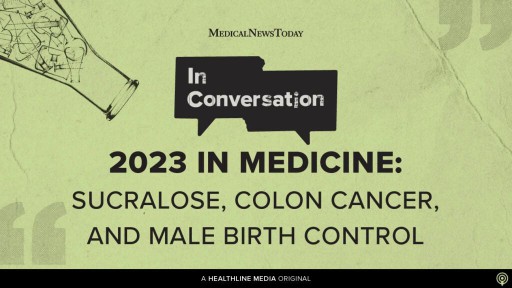
2023 was a year of many medical firsts — from the first evidence that anti-obesity GLP-1 drugs improve cardiovascular outcomes beyond weight loss alone, to the FDA’s approval of the first RSV vaccine ‘Arexvy’ in the U.S., this year has witnessed many medical breakthroughs. Some other notable advances were lecanemab’s approval by the FDA for Alzheimer’s after it was shown to slow cognitive decline despite many concerns surrounding its safety.
Speaking of birth control, the lack of non-barrier options for men — unlike the plethora of pills available for women — caught the attention of Maria Cohut, our features editor, who did a deep dive into the whys behind this.
Andrea Rice, meanwhile, was concerned about the rise in colon cancer cases in young people, while the WHO’s announcement of sucralose being labeled “genotoxic”, or DNA damage-causing, was a standout piece of research for me.
If you’d like to hear more about how our discussion went, please listen to our podcast episode in full below or on your preferred streaming platform.
 |  |  |
Will I get cancer from using artificial sweeteners like sucralose?
The first topic we delved into was that of the link between artificial sweeteners and cancer. This particular piece of research found that a chemical in a commonly used artificial sweetener may cause DNA damage.
The chemical in question was sucralose-6-acetate, a metabolite of the sweetener sucralose. The study findings showed that sucralose harms gut health and may lead to oxidative stress, inflammation, and DNA damage, and hence increase the risk of cancer.
Dr. Hilary Guite, our presenter, pointed out the most common food items that contain this sweetener: “It’s in chewing gum, salad dressings, barbecue sauces, sugar-free jams…”
One important nuance here was that this study was done on human blood cells. To see the same DNA-damaging effect in humans, an average human weighing 70 kilograms would have to consume 18 liters of sucralose-sweetened beverages daily.
Andrea then asked: “Why [is] there such little research about the cancer-causing effects of artificial sweeteners in humans when we are aware that there are so many potential health risks involved with consuming too much sugar in general?”
Although it is a difficult question to answer, there are many obstacles — including funding, timing, and ethical challenges in conducting such long-term studies in humans.
Why are colon cancer rates rising in young people?
Our next topic was colon cancer and how worried we should be about the near doubling of cases in recent years. The study identified four key symptoms linked to an increased risk of early-onset colorectal cancer in younger adults. The symptoms included abdominal pain, rectal bleeding, diarrhea, and iron deficiency anemia.
Andrea started off with a statistic: “[W]e’re seeing this huge increase in [the proportion of] colon and rectal cancer incidence in people under 55. It’s doubled over the past 20 years from 11% to 20%.”
She pointed out that early onset cancer is defined as being diagnosed under the age of 50 and current recommendations for colorectal cancer screenings start at around age 45.
Maria drew attention the specific symptoms the study listed:
“[Out of this list of symptoms], diarrhea is not uncommon. Iron deficiency anemia is not uncommon. And what was emphasized in the study was that having just one of these symptoms could almost double your risk of colon cancer, which to me was shocking. My question is the question that everybody’s asking: Why is this happening?”
A multitude of factors can explain the rise of colon cancer rates.
“[I]t may be attributed to just being a byproduct of how we live and work. [M]ost of us engaged in any type of knowledge work where you’re sitting all day, there’s going to be health consequences. So lifestyle factors play a role, diet plays a role. Of course, a person’s health history, and even family history of colon cancer can also play a role,” said Andrea.
Why is there no male birth control pill on the market yet?
Our final topic was contraception and more specifically, birth control options for men. This feature on the male birth control pill questioned why there were no oral contraceptives for men on the market despite equivalents for females being in use since the 1960s.
Maria broached the subject by listing the current two options available for men: condoms and vasectomies.
She said that although condoms are the most common barrier method of contraception, they may not be suitable for everyone as the materials, spermicides, or lubricants used within them may cause allergies, and also there is the possibility of the condom breaking. As for vasectomies, reversal may have a 95% success rate of return of sperm, but pregnancy after a vasectomy reversal is still only 30-70%.
Meanwhile, I had one question on my mind regarding the lack of oral contraceptives:
“[A] lot of these trials were stopped by the researchers or the funders after they saw that men had a lot of side effects. One of them, for example, was mood disorders like depression. So, my question is, we have something on the market already that causes such side effects, but we’re subjecting millions of women to take these, why can’t men do that? [W]hat do you think is the main reason behind this?”
“I would bet that we have the technology and resources to create a male oral contraceptive that is safe with minimal side effects. I mean, if we can manufacture and prove the safety of a COVID-19 vaccine in a short timeframe, certainly, we have the ability, from a science perspective to create this contraceptive,” said Andrea.



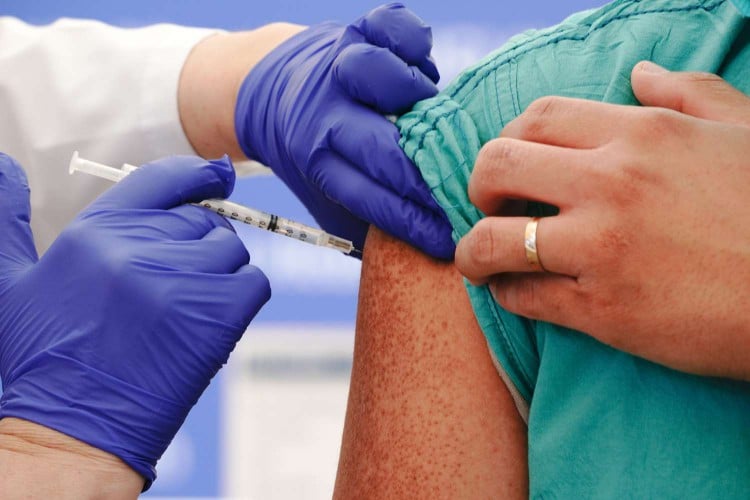
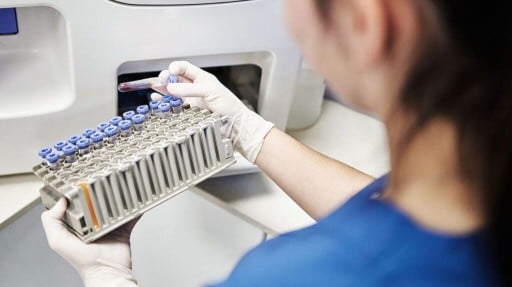

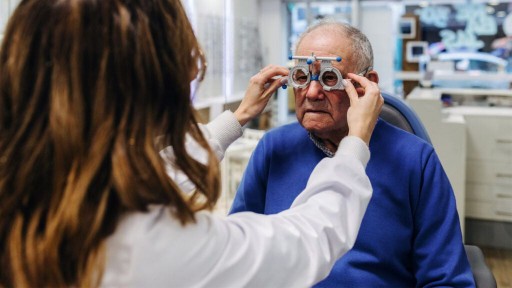

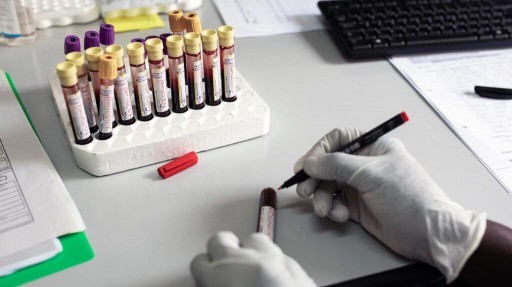

:max_bytes(150000):strip_icc()/Health-GettyImages-1244575423-991d1ebe9942424f9bb35b650fb5ff11.jpg)